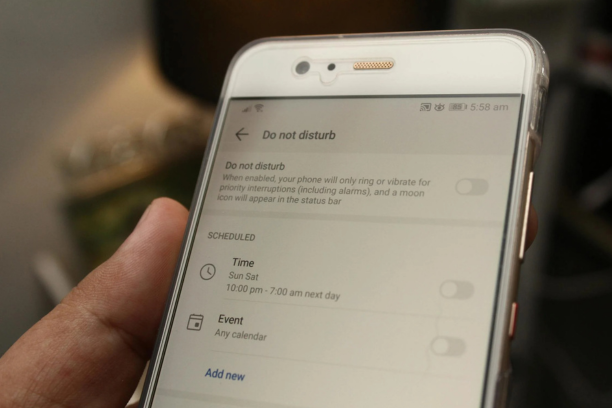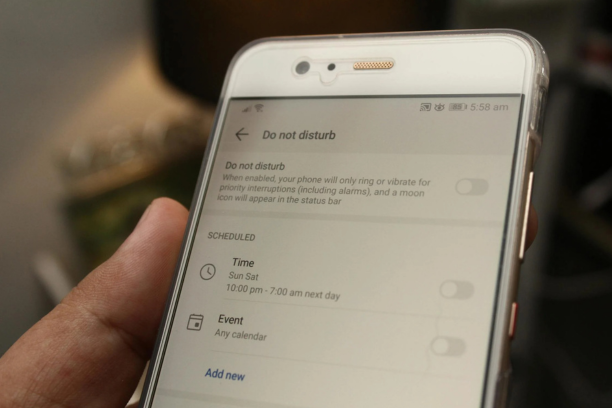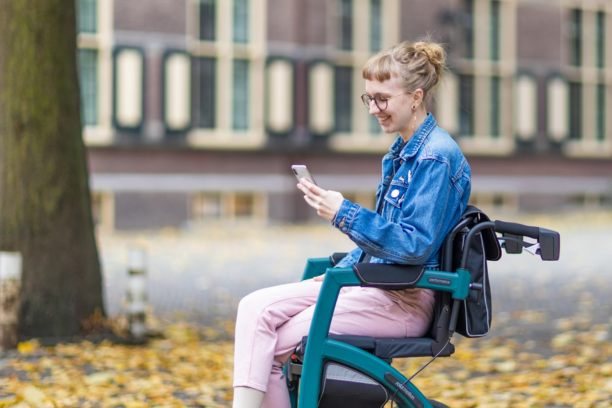UK to USA | Why 2025 Is the Year to Unplug for Mental Health
The Digital Turning Point
In 2025, both the UK and USA and increasingly Canada are facing a shared reality: rising mental health struggles deeply tied to digital detox 2025 overload. From endless screen time to constant social media alerts, digital burnout has become a silent epidemic. But this year marks a pivotal shift. A growing movement across borders is encouraging people to unplug for mental health in 2025, prioritize real-world connections, and rediscover clarity away from constant connectivity.
Whether you’re working from home in London, attending virtual classes in New York, or juggling hybrid work in Toronto, you’re likely feeling the effects of a hyper-connected life. This blog explores why 2025 is the best time to disconnect, how it’s reshaping mental health habits, and what actionable steps can help you reclaim focus, sleep, and emotional balance.
Also, you can read about The Gut-Brain Connection |Healing Your Gut to Reduce Anxiety
The 2025 Digital Burnout Crisis | One Problem, Two Continents
Technology is meant to enhance life, but in the UK and USA, it’s becoming a major source of stress. In the past year alone, studies from both countries have shown alarming spikes in:
- Anxiety and depression linked to prolonged screen exposure
- Sleep disorders from blue light disruption
- Social media fatigue, especially among Gen Z and Millennials
- Remote work exhaustion, with blurred boundaries between life and work
In the UK, NHS reports have flagged screen-induced anxiety as a rising issue, particularly among young adults. Meanwhile, in the US, the CDC has reported that over 70% of adults experience daily stress due to digital dependency. The mental health landscape is evolving, and people on both sides of the Atlantic are asking the same question: How much screen time is too much?

Mental Health in the UK vs. USA | Different Cultures, Shared Struggles
While the symptoms are similar, the approach to mental wellness and digital detoxing differs slightly between the UK and USA.
- In the UK, there’s a growing shift toward public mental health campaigns, encouraging people to take “digital breaks” and engage in tech-free hobbies.
- In the USA, the wellness industry is booming, with thousands turning to unplugging retreats, dopamine detoxes, and mindfulness apps to cope.
Canada, similarly, is experiencing a blend of these approaches. The government promotes mental health awareness while wellness influencers push for screen-free challenges and forest therapy.
How Your Gut Microbiome Affects Mental Health 2025
The Rise of Digital Detoxing in 2025
Once considered a fringe idea, digital detox 2025 is now a global wellness trend. The term “unplug for mental health” is exploding in search volume, with interest surging 50% since 2023.
Here’s why 2025 is the tipping point:
- Remote fatigue has reached critical levels
- People are reevaluating their relationship with tech post-pandemic
- There’s a growing awareness of dopamine addiction from social apps
- The #Digital Sabbath and #Mindful Monday trends are going viral on both sides of the Atlantic
Popular digital detox movements include:
- Dopamine Detox – Reducing social media, gaming, and digital stimulation
- Tech-Free Zones at Home – Creating areas without phones or devices
- Weekend Unplugging – No-screen Sundays to recharge mentally
These aren’t just trends they’re survival strategies in a world that doesn’t stop scrolling.
Mental Health Benefits of Unplugging | Backed by Science
Digital detoxing isn’t just trendy it’s transformative. Research shows that reducing screen time can:
- Improve sleep quality by lowering blue light exposure
- Reduce stress and anxiety through lowered cortisol levels
- Enhance focus and productivity by eliminating distractions
- Boost real-life connections, improving emotional health
According to a recent UK study, participants who took a 7-day break from social media reported a 33% decrease in anxiety symptoms. Meanwhile, a US study found that people who limited their screen time to 2 hours per day felt 25% more present and focused.
Case Studies: Real People, Real Results
- “From Burnout to Balance” – Ellie, London
A 32-year-old copywriter, Ellie started having panic attacks in 2024 due to non-stop notifications and late-night scrolling. She joined a 30-day digital detox 2025 challenge, replacing screen time with walking and journaling. “Within two weeks, my sleep improved, and I felt human again,” she shared.
- “Reclaiming My Time” – Marcus, New York
Marcus, a 28-year-old tech worker, embraced the dopamine detox trend after noticing constant mood swings. “I didn’t realize how addicted I was to quick dopamine hits until I stopped scrolling,” he says. His mood, focus, and productivity improved drastically.
- “Peace in Silence” – Leah, Toronto
After experiencing digital fatigue during remote university classes, Leah unplugged on weekends. “No phones, no laptops just music, sketching, and walks. It saved my sanity.”

How to Start Your Digital Detox 2025 | Step-by-Step Guide
1. Audit Your Screen Time
Use apps like Screen Time (iOS) or Digital Wellbeing (Android) to track daily usage.
2. Create No-Tech Zones
Establish phone-free areas in your home, such as bedrooms and dining areas.
3. Set Specific Boundaries
Try rules like “no screens after 9 PM” or “30-minute social media limit.”
4. Replace, Don’t Just Remove
Replace scrolling with meaningful activities: reading, walking, cooking, meditation.
5. Try a 7-Day Detox Challenge
Start small. One week without non-essential apps can change your mindset.
6. Use Tools to Help
Install screen limiters like Freedom, StayFocusd, or Forest to help stay on track.
Why This Movement Matters in 2025 (and Beyond)
The unplug for mental health movement is more than a trend it’s a necessity. With AI, remote work, and virtual experiences accelerating, we must learn to balance our digital lives.
2025 marks the year when people from the UK to the USA (and across Canada) are realizing that more screen time ≠ more happiness. Mental clarity, emotional well-being, and human connection are making a powerful comeback.
Ready to take your first step toward a healthier digital lifestyle? Start today your mind will thank you.
Final Thoughts
The digital detox 2025 trend is not just a fad it’s the natural response to years of overexposure, overstimulation, and digital fatigue. Whether you’re in the UK, USA, or Canada, 2025 offers a new beginning. One where you can finally breathe, slow down, and reconnect with yourself and the world around you.




